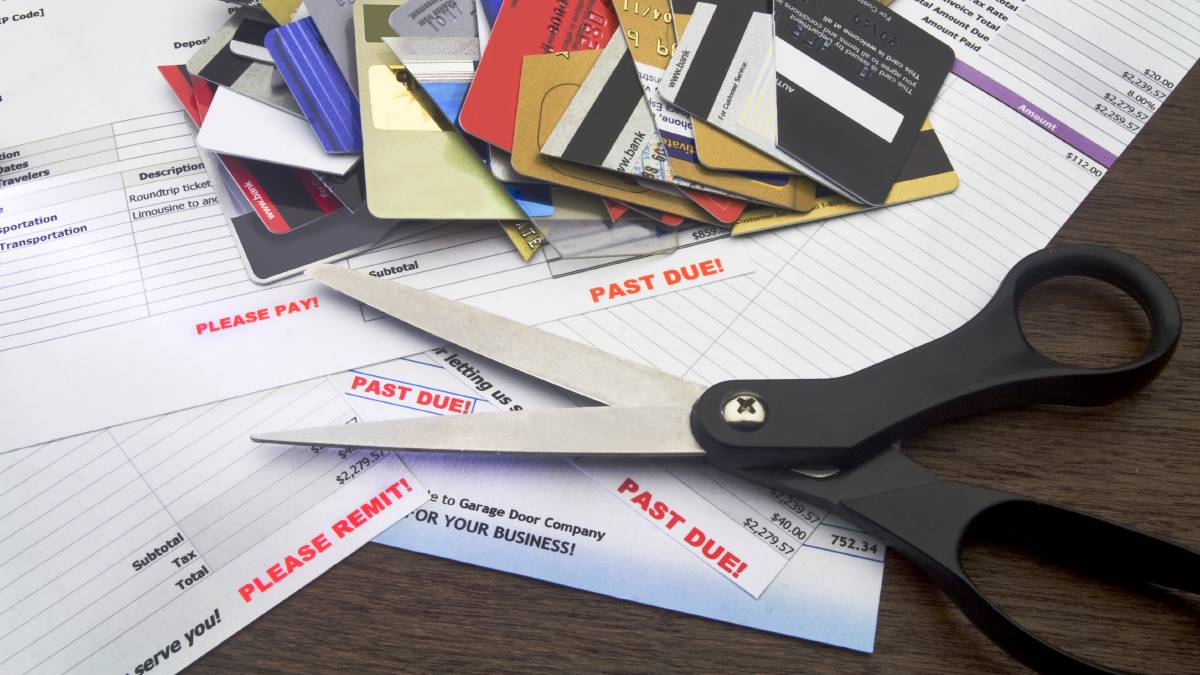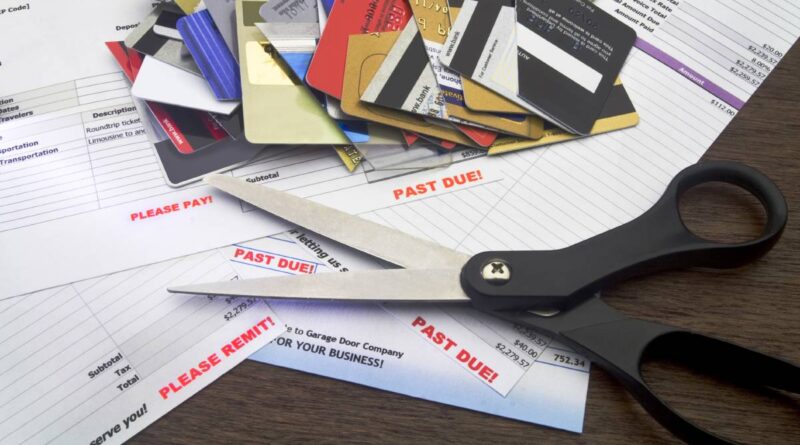The phrase “living within your means” is such a vague one!
For some people, it means having the ability to afford your bills with money left over. For others, it’s the behavior of being frugal with your money so you never have debt.
The actual definition lies somewhere in between. Living within your means is creating a lifestyle in which you spend less than you earn. The ultimate goal is to become debt-free and build savings.
Reaching this goal doesn’t mean you can’t enjoy your daily life. It means you have to employ some practical tips to have fun and be fiscally smart.
These tips will help you learn to live within your means and get on a path to financial stability.
1. Have a Heart-to-Heart With Yourself About Money

source: thebalance.com
How do you really feel about your spending habits? Do you know where your money is going? Have you set financial goals and action plans to get there?
If you aren’t happy with the answers to these questions, it’s time to have a sit-down with yourself. Until you’re truly ready to make some economic changes in your life, it will be hard to change your habits.
Look over your bank statements for the last few months. Get real with any habits you have that are adding up.
What are your bills? Your credit card interest rates? When will they be paid off at the minimum monthly payment?
Knowing where you stand right now in your finances is the first step to creating a plan to live within your means.
2. Keep Your Eye on the Prize

source: investedwallet.com
Possibly the most common reason for people to overspend is that they feel the need to compete with others. When so-and-so has the latest car or video console, do you need it, too?
The chances are good that they went outside of their means to get their fancy gizmos and gadgets. You, on the other hand, are a pillar of sensible spending.
Stay away from social media temptations and the urge to keep up with everyone else’s spending habits. You focus on yours, not theirs.
With your eye on the prize, you’ll be financially set long before they pay off their latest treasure.
3. Consider Your Portfolio

source: calendarbudget.com
As you design your spending plan, it’s a smart business idea to allocate a little money towards investments. There are a lot of alternative portfolio opportunities that don’t require a huge minimum starter fund.
The sooner you can start a portfolio, even at a few dollars a month, the faster you’ll have a strong retirement plan. Common investment structures include stocks, bonds, real estate, and life insurance.
Look over your income, expenses, and budget and determine how much you can invest. Start little if you must, but don’t wait! You can always add to your investment budget as you become more confident with your finances.
4. Look for Deals

source: beamalife.com
Maybe twenty bucks here and there doesn’t sound like much to you, but why spend it when you don’t have to?
If your favorite store usually has sales around a holiday, wait until those deals hit before you shop. Restaurants often offer coupons or BOGO nights. Don’t dine without a discount!
There are plenty of apps you can download before you head out to the grocery store that will save you money. From coupons to money-back incentives, never shop without a savings plan.
Those deals add up to big savings over time!
5. Put Your Foot Down on Credit Cards

source: theflindersnews.com.au
So you don’t have the money in the bank to buy that must-have item. You have a credit card, right?
Wrong!
Running up debt in order to “live within your means” is the opposite strategy of what you’re supposed to do. If you don’t have the cash to buy an item, save up until you do.
Putting your foot down on your excess spending not only saves you money, it keeps that impulse buys to a minimum.
Conclusion
Living within your means is the most comfortable lifestyle to have. You know you can handle your expenses, you have room in your budget for some conveniences, and you’re saving up a nest egg.
When your goal is to get to this financial comfort zone, these tips will help you on your way!





